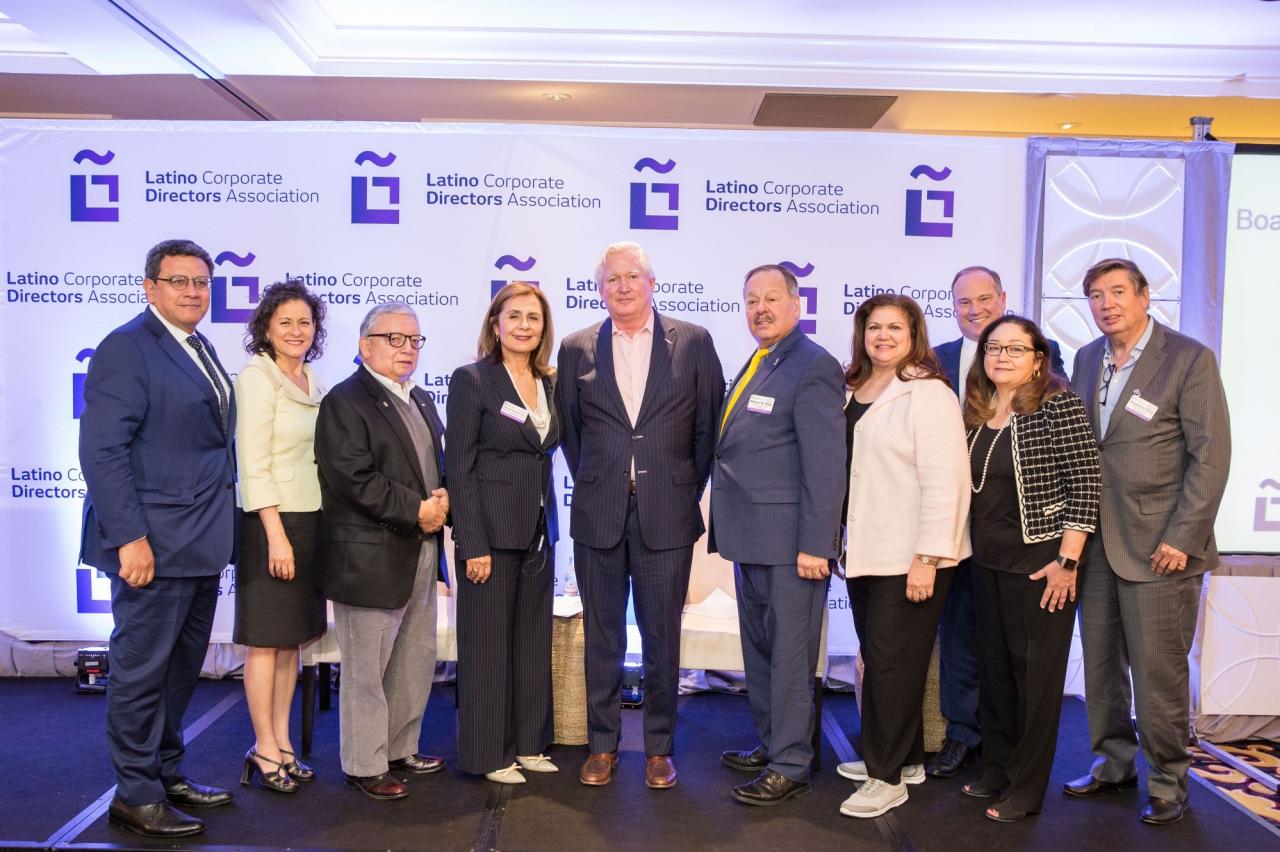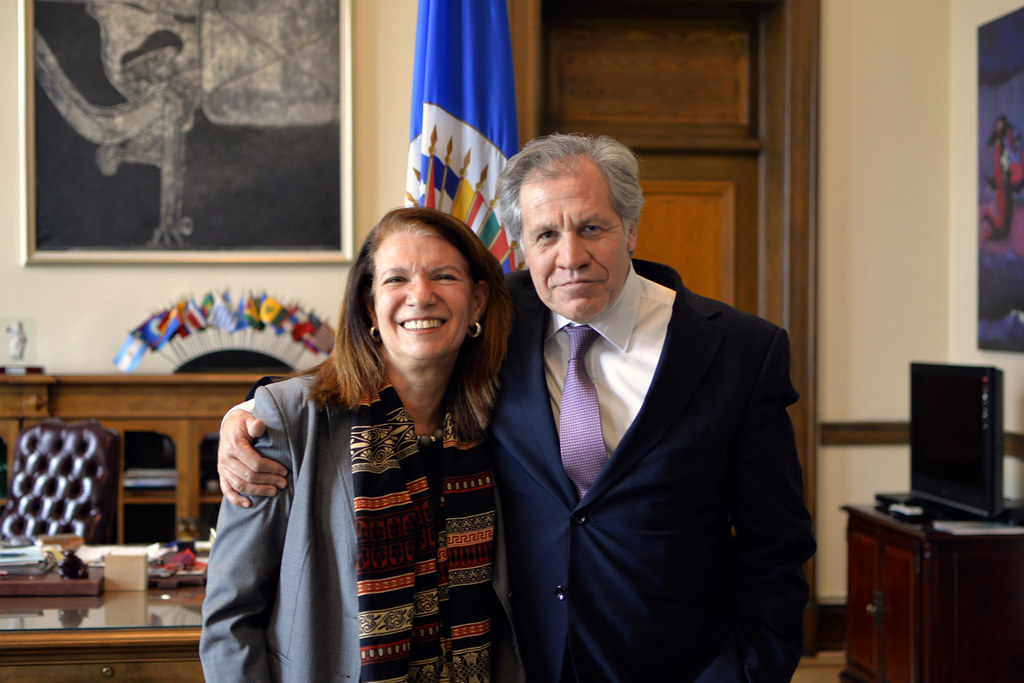The Role of the Director-General: Director-General Of The Department Of Latin American And

Director-General of the Department of Latin American and – The Director-General of a Department of Latin American Affairs holds a pivotal position, responsible for overseeing all aspects of the department’s operations and shaping its strategic direction. This role demands a deep understanding of Latin American politics, economics, and culture, coupled with strong leadership and diplomatic skills.
Role and Responsibilities, Director-General of the Department of Latin American and
The Director-General’s typical duties encompass strategic planning, budget management, personnel oversight, and representation of the department both domestically and internationally. They are the primary point of contact for high-level discussions with Latin American counterparts and other government agencies. Key performance indicators (KPIs) often include successful negotiation of trade agreements, enhanced diplomatic relations, effective crisis management, and the successful implementation of departmental initiatives aligned with national foreign policy objectives. Strategic decision-making processes are heavily influenced by the Director-General, who considers geopolitical factors, economic trends, and domestic policy priorities when formulating strategies. Compared to similar roles in other governmental departments (e.g., European Affairs, Asian Affairs), the Latin American focus necessitates a specialized understanding of the region’s unique political and economic landscape, often characterized by diverse political systems and significant economic disparities.
Departmental Structure and Operations
The Department of Latin American Affairs typically comprises several key divisions, each with specific responsibilities and budgetary allocations. A clear understanding of these divisions and their inter-relationships is crucial for effective departmental functioning.
| Division Name | Division Head | Key Responsibilities | Budget Allocation (Illustrative) |
|---|---|---|---|
| Economic Affairs | [Name of Division Head] | Trade negotiations, economic development initiatives, investment promotion | $X million |
| Political Affairs | [Name of Division Head] | Monitoring political developments, managing diplomatic relations, crisis response | $Y million |
| Cultural and Public Diplomacy | [Name of Division Head] | Promoting cultural exchange, public diplomacy initiatives, strengthening people-to-people ties | $Z million |
| Consular Affairs | [Name of Division Head] | Providing consular services to citizens, managing visa processes | $W million |
The departmental budget allocation process usually involves a multi-stage review, starting with the Director-General’s proposed budget, followed by internal review within the department and subsequent approval by higher authorities. This process directly influences policy decisions, as budgetary constraints can necessitate prioritization of certain initiatives over others. Successful departmental initiatives might include the negotiation of a significant trade agreement, the successful resolution of a diplomatic crisis, or the launch of a major cultural exchange program. Challenges faced by the department can include resource limitations, competing policy priorities, and rapid shifts in the geopolitical landscape. Strategies to overcome these challenges often involve prioritizing initiatives, seeking additional resources, and fostering strong inter-agency collaborations.
Relationship with Other Government Agencies
Effective collaboration with other government agencies is crucial for the Department of Latin American Affairs to achieve its objectives. Key agencies include the Ministry of Finance (for budget matters), the Ministry of Trade (for trade negotiations), and the Ministry of Defence (for security cooperation). The nature of these inter-agency relationships is characterized by regular meetings, information sharing, and joint initiatives. These collaborations are vital for ensuring a coordinated approach to foreign policy and maximizing the impact of departmental initiatives. For example, a flowchart might illustrate the communication pathways between the Department and the Ministry of Trade, showing how information flows during trade negotiations. The effectiveness of these collaborations can be assessed by measuring the success of joint initiatives and the overall alignment of policies across different agencies.
International Relations and Diplomacy

The Department plays a key role in shaping and implementing foreign policy toward Latin America. Strategies for fostering strong diplomatic ties include high-level visits, regular consultations, and participation in regional forums. The department’s involvement in international organizations such as the Organization of American States (OAS) and the Community of Latin American and Caribbean States (CELAC) is significant. Successful diplomatic negotiations might involve securing a favorable trade agreement, resolving a border dispute, or promoting regional cooperation on issues such as climate change or drug trafficking.
Impact and Influence
The Director-General’s influence on policy decisions is considerable, as they are responsible for shaping the department’s strategic direction and representing its interests at the highest levels of government. A timeline could illustrate key policy changes, such as the shift toward increased economic engagement with a particular Latin American country, highlighting the Director-General’s role in advocating for these changes. The long-term implications of the department’s policies include enhanced trade relations, improved diplomatic ties, and increased cooperation on regional issues. The department’s work has affected the lives of people in Latin America through:
- Increased access to trade and investment opportunities.
- Improved diplomatic relations leading to greater stability.
- Support for regional development initiatives.
- Enhanced cooperation on issues such as climate change and disaster relief.
Challenges and Future Directions

Major challenges facing the Department include increasing geopolitical competition, economic instability in some Latin American countries, and the impact of climate change. A strategic plan to address these challenges is needed.
A strategic plan for the Department of Latin American Affairs should prioritize: strengthening diplomatic ties with key partners, promoting economic development initiatives focused on sustainability and inclusion, enhancing regional cooperation on critical issues such as climate change and security, and adapting to the evolving geopolitical landscape through proactive diplomacy and strategic partnerships. This will require increased resource allocation, improved inter-agency coordination, and a commitment to innovative approaches to diplomacy and development.
Future directions for the department will likely focus on deepening engagement with Latin America, promoting sustainable development, and addressing shared challenges such as climate change and security. Emerging trends such as climate change could significantly impact the department’s work by increasing the frequency and intensity of natural disasters, requiring greater emphasis on disaster relief and resilience-building initiatives. Economic shifts, such as increased global competition, will necessitate a more proactive approach to promoting trade and investment, while maintaining a focus on sustainable and inclusive growth in the region. The rise of new technologies will demand greater attention to digital diplomacy and the use of technology to enhance communication and collaboration with Latin American partners.